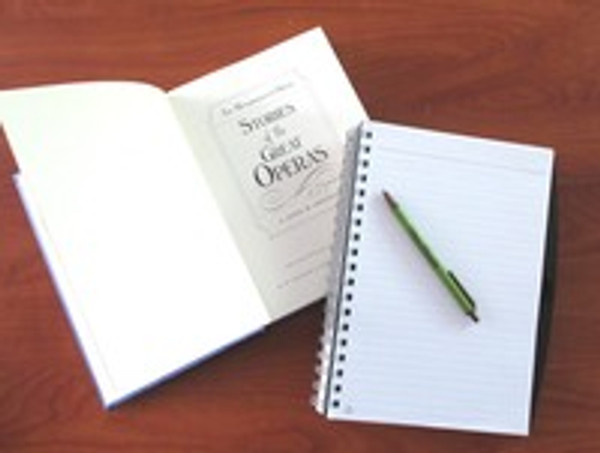Opera, operetta or musical?
Posted by Cindy Battisti on 01 15 2015

Recently the Metropolitan Opera premiered their new production of Lehar’s operetta The Merry Widow. The production has received mixed reviews, but it brought to my mind the rather basic question: What’s the difference between opera, operetta and musical theater anyway?
When we start out on the opera journey, we begin with some rather basic assumptions. Opera is when everything is sung. Musical theater is when it’s not. BUT it doesn’t take long to find someone to haughtily tell you that Phantom (which is all sung ) isnot opera. And the basic starter opera journey reveals quite quickly that “proper” operas often have spoken bits. So, that blows that definition as well. Or does it?
And operetta, such as Die Fledermaus? Well ,we kind of know operetta’s all a bit “lighter” whatever that means, but there are many full on operas which are light, comedic, silly, whatever… so what gives?
I went to Opera America’s Glossary to learn the definitions of these art forms from what I think we might all consider an organization that should be an authority on the subject. In fact Opera America’s actual definitions support our newbie assumptions :
Opera- Simply stated, a play that is sung.
Operetta/Musical - A play, some of which is spoken but with many musical numbers.
Click to read their full descriptions- which do little to further clarify the lines between these different art forms.
Looking at definitions in the various dictionaries available online makes all three art forms sound pretty much the same.
Disappointed at all this vagueness, I turned to another great and very reliable resource: “Opera for Dummies” and refer you to page 8:
“Opera Defined: An opera’s a theater piece, like a play. But instead of speaking their lines, the characters sing them. Even Broadway musicals in which the music never stops , such as Les Miserables, Evita and Tommy, are actually operas. “
Seems that the definitions we are seeking simply aren’t quite as black and white as the opera "experts” you run into would like to believe.
So, if you are new on the opera journey like me, stand your ground and feel confident entering this perfectly valid debate, whatever your position on it… refer to Opera America’s definitions if you like (Opera for Dummies would, I’m afraid, not provide as much clout.).
And if you are yourself more knowledgeable on the differences and can state them in a way we non-music majors might understand- Please help us learn more!




